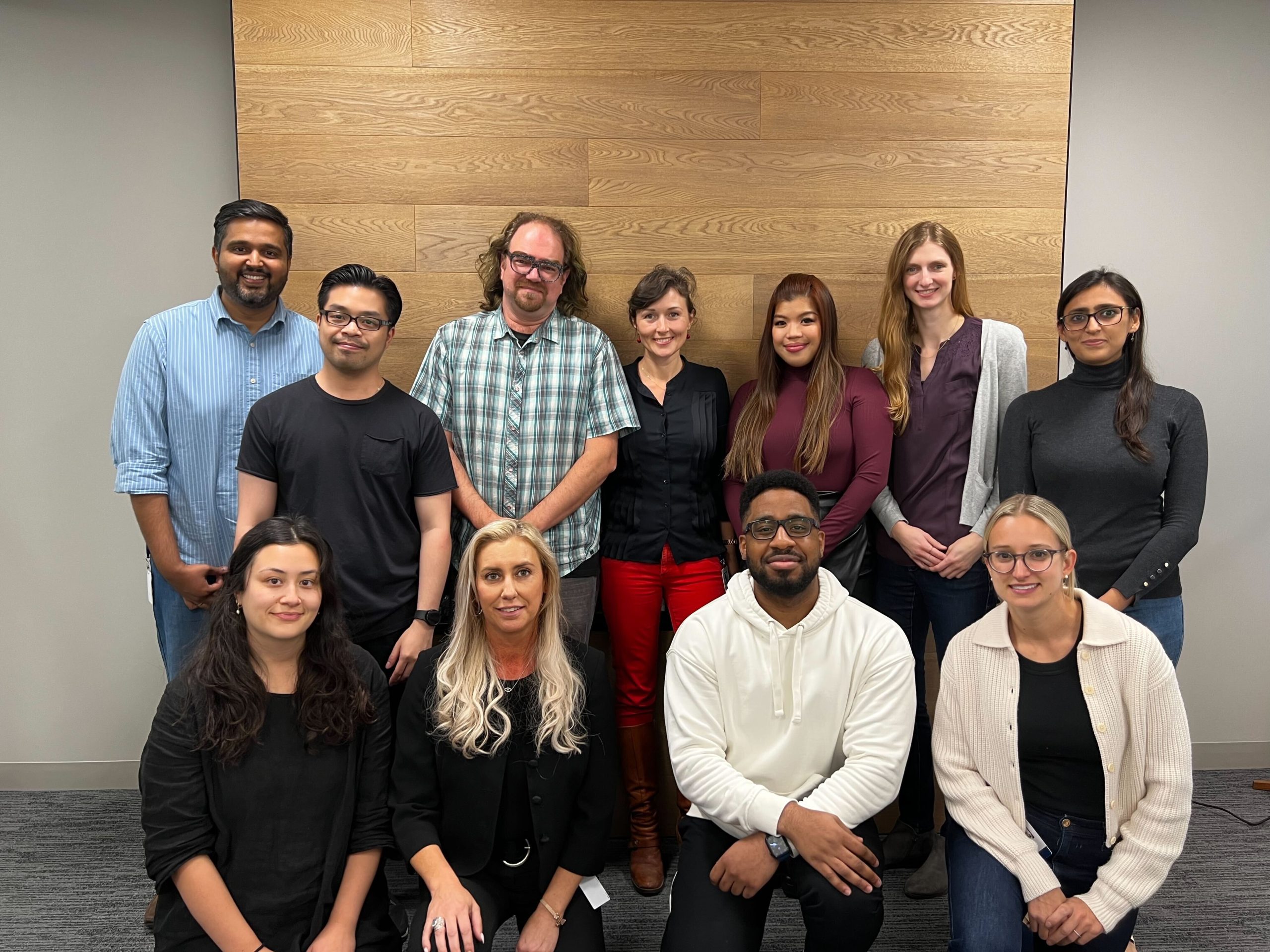Many international students choose to work throughout their post-secondary degree to help cover some of their expenses and gain Canadian experience. This can be accomplished through part-time work while you study, or through entering a co-op or internship program at your university, provided your study permit allows it.
In this article, we will walk you through what you need to know about working in Canada as an international student. By knowing your employment options early, you can be prepared to begin your job search quickly and with confidence.
Secure the essentials for working in Canada
Apply for your SIN number
All international students need to obtain a nine-digit Social Insurance Number (SIN) to begin any type of work in Canada. Your SIN will also provide you with access to government programs and benefits.
You can apply for your SIN online, by mail, or in person at any Service Canada centre, if available in your region. There is no fee to apply for your SIN. International students must have a valid study permit to apply.
Open a Canadian bank account
Once you start earning an income, you will need a bank account that can manage your financial needs as both a newcomer and a student. RBC (Canada’s largest bank*) has been a supporter of newcomers for 150 years. Your university may have a branch right on campus, or nearby.
To open a student bank account with RBC, you will require the following documents:
- Your passport
- Student permit (IMM 1442) or Temporary Resident Visa (TRV)
- Proof of enrollment (optional, but recommended; can be acquired from your university)
- Social Insurance Number (SIN) or proof of residence (optional, but recommended)
Working part-time as an international student: On-campus versus off-campus
Your study permit determines where and how much you can work while you study in Canada. If your study permit has no work conditions listed on it, you may request an alteration to your study permit for free.
Tip: For tips on finding a job either on- or off-campus, see what international students need to know about working in Canada.
1. Guidelines for working on-campus
If you are a full-time post-secondary student in Canada, your study permit will allow you to work on-campus at your post-secondary institution. On-campus means that you are physically working for an employer on your university’s campus, or you are working in a specified teaching or research position directly related to your university. You do not need an additional work permit for on-campus positions.
Tip: There is no limit to the number of hours you can work on-campus. However, it may be challenging to balance working more than 20 hours a week with a full course load.
2. Guidelines for working off-campus
Your study permit may also allow you to work off-campus. You will be able to work for any type of employer, including restaurants, cafés, retail stores, and more. This opens up many more part-time job possibilities if you meet the eligibility requirements:
-
- You are a full-time student currently studying at a designated learning institution (DLI)
- You are enrolled in a post-secondary academic, vocational or professional training program or, a secondary-level vocational training program (Quebec only)
- Your study program is at least six months long and leads to a degree, diploma, or certificate.
- Your study permit says, in the user remarks or conditions sections, that you can work off-campus.
- You have a SIN
Working as a co-op or an intern
Another way international students can get Canadian work experience and receive an income while studying is through university-directed co-op or internship programs. Co-op and internship programs may have one or two intakes per year and require an application process. See your university’s website for more information on available programs. To participate in a co-op work program, you will require a co-op work permit.
How to get a co-op work permit
The process to receive a co-op work permit can take up to four months, so you will need to apply for one as soon as you know that you plan to do a co-op or internship program. To be eligible for a co-op work permit:
- You must have a valid study permit.
- Your study program must require work experience.
- You must have a letter from your designated learning institution confirming that all students in your program must complete work placements to receive their degree, and;
- Your co-op placement or internship is 50 per cent or less of your study program
Check your eligibility: You will be ineligible for a co-op work permit if you are currently taking English or French as a second language course (ESL/FSL), general interest courses, or taking courses in preparation to study for another program.
Benefits of participating in a co-op or internship program for international students
Eligible international students can receive these benefits from participating in co-op programs:
- Achieve full-time Canadian work experience during four or eight month work terms
- Have the opportunity to test various career fields and positions
- Access to your university’s job search support and exclusive opportunities
- Gain income while studying
- Build professional connections in your field
- Increased chances of a job offer upon graduating
Combining part-time work and co-op opportunities
At your acceptance into your school’s co-op or internship program, you will create a work-study sequence outlining when you plan to work on co-op terms. During the designated work terms you set out, you are not allowed to work any other job during that time, even if you are unable to secure a position through your program. When you are on a full-time study term, you are free to work up to 20 hours a week or full-time on scheduled school breaks, as per your regular study permit conditions. (Note: The 20-hour per week limit for off-campus work has been temporarily removed until December 2023, and students can work without any hourly restrictions.)
Working while you study in Canada is a great way to start building your resume with Canadian experience before you graduate. Making some extra income throughout your degree will also support your expenses for travel, tuition, and housing while you are in Canada.
Now that you know the requirements for working part-time or participating in a co-op or internship program at your post-secondary institution, you can start planning for your first job in Canada as a student. As you start to make an income, remember that you will also need to file income taxes. Get familiar with Canadian tax returns before tax season creeps up by reading our article on filing your taxes as an international student.







